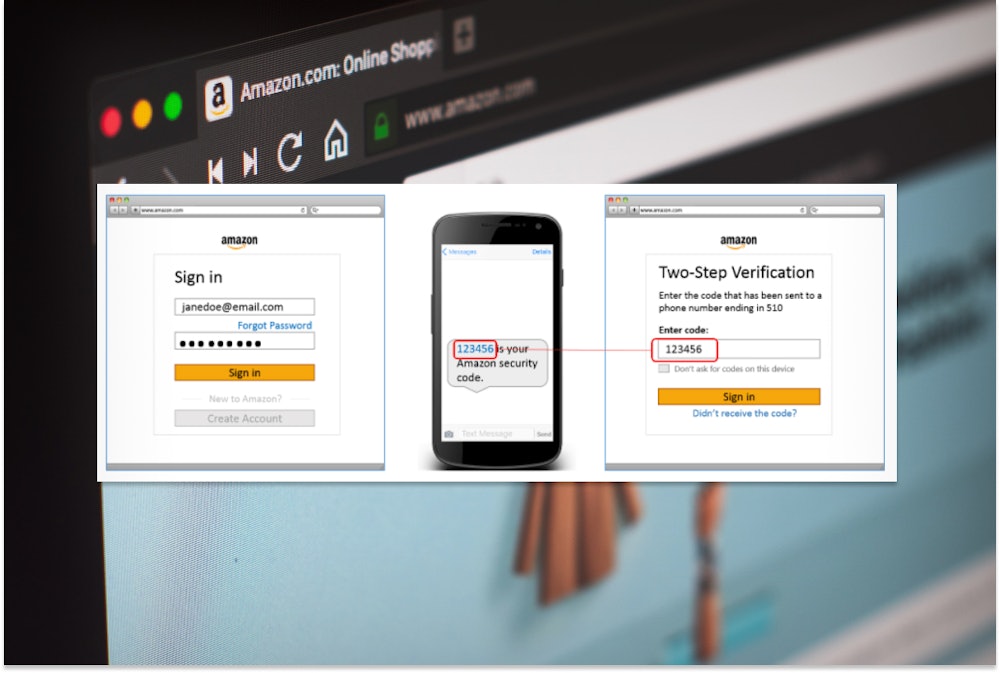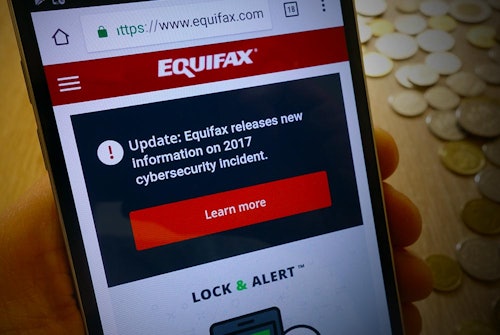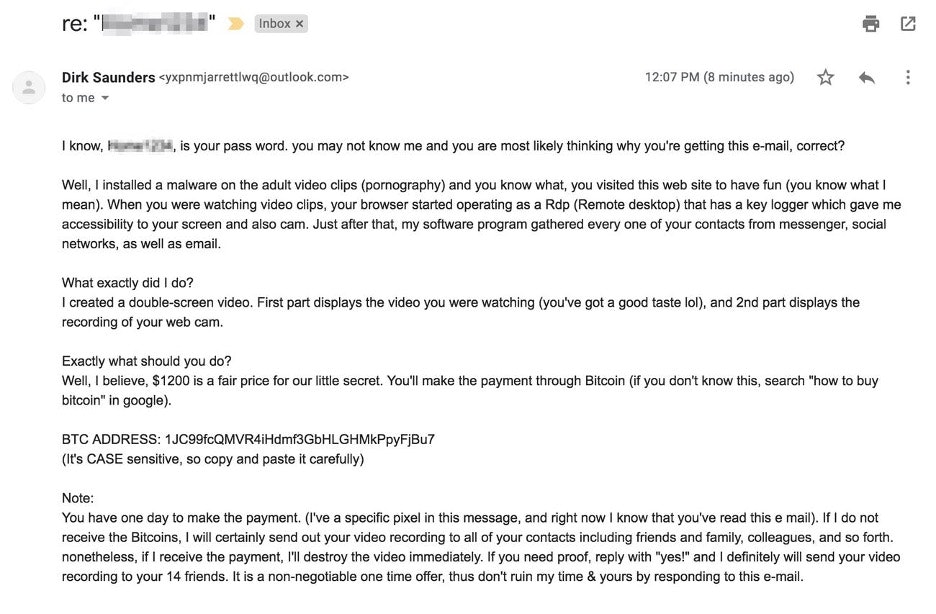Hacking In Depth
- What Are Hacking Scams?
- Warning Signs of Hacking Scams
- Most Common Hacking Scams
- How to Beat Hacking Scams
- Fallen Victim to a Hacking Scam?
Cybersecurity is one of the biggest issues individuals must face today as we grow more and more reliant on technology to handle everything from paying bills to online shopping, ordering groceries, sending correspondence, and connecting with friends via social media. As such, hacking scams are becoming more sophisticated, resulting in an increase in data breaches, financial losses and identity theft.
According to a global study, data breaches cost its victims $4.24 million in 2021, a 10% increase from the previous year and the highest in the past 17 years. Further, 95% of cyber security breaches result from human error.
According to recent data:
- Every 11 seconds, a business falls victim to ransomware
- Cybercriminals are estimated to steal 33 billion records in 2023 alone
- Americans are losing $15 billion annually due to identity theft
- It takes 196 days on average to identify a data breach
The good news is, though, you can protect yourself from hacking attempts with the right tools and knowledge about how they work, which scams are the most common, and what to do if you’ve been hacked.
What Are Hacking Scams?
While most hacking scams are used to steal your money, they can also infect your computer with malware that can be difficult to remove or worse, gives scammers access to your identity.
This could look like:
- You could receive a call from someone claiming to be tech support.
- They’ll tell you that your computer is infected with a virus, and it could do a lot of damage unless you remove it immediately.
- They then tell you that you need to install an antivirus software and send you a link.
- Or they may ask you to remotely access your computer to fix the problem.
- In both cases, the support technician is actually a scammer trying to access your data, online accounts, or financial information.
Warning Signs of Hacking Scams
Most hacking scams require you to do something for the hack to work. This means that if you look for the red flags of a hacking scam, you can keep your device, data, and money safe most of the time.
Here are some of the warning signs to look for:
- You receive an OTP (one-time-password) from Amazon you didn't request.
- You receive an email that seems to be from a legitimate company or government agency but has spelling errors, grammatical errors, or bad graphics.
- You receive a message or email that demands immediate payment and uses threats to get you to take action NOW.
- You receive an email from someone you don't know with a link or an attachment that you need to open.
- You notice inconsistencies in email addresses, links, or domain names in an email or message.
- You receive a tech support call that you didn't request.
If you encounter any of the warning signs listed above, you may be a victim of a hacking scam, especially if you notice any of these things afterward:
- You can't log in to your computer or social accounts
- You notice new icons on your desktop
- Files on your device have been moved or deleted
- Pop-ups show up on your computer
Most Common Hacking Scams
There are many types of hacking scams, here are a few common ones to look out for:
Phishing Scams
Many phishing scams are also hacking scams. In this type of hacking scam, you will receive an email, text message, or social media message that contains a link or attachment. The scammer will often make the message look like it is coming from a legitimate company such as your bank, a government agency, or a company giving away free gifts. However, if you click on the link it will go to a fake website or the attachment will install malware on your computer, giving the scammers access to your sensitive data.
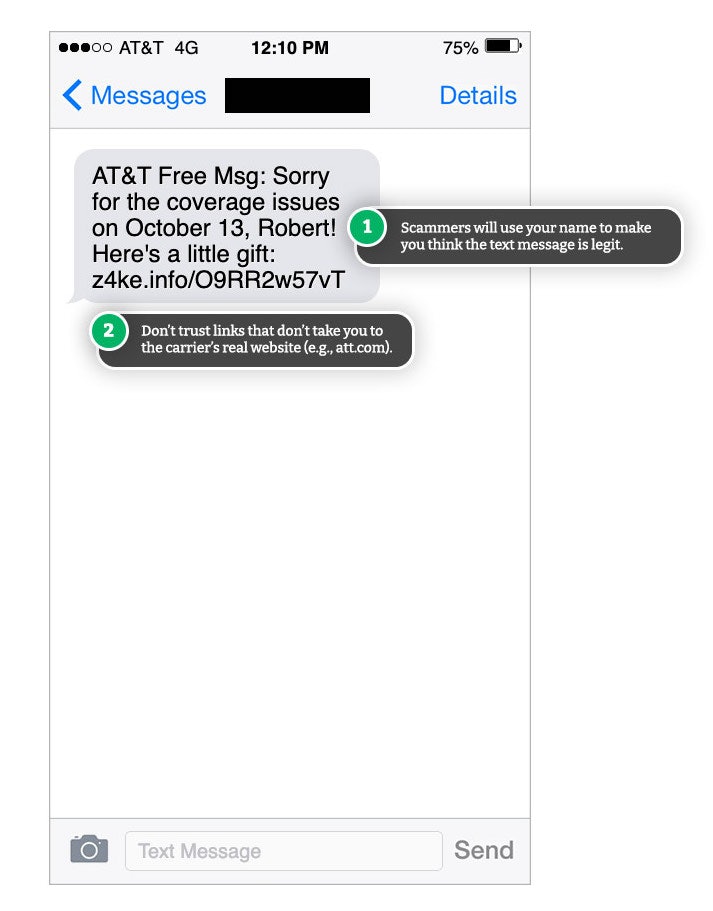
Amazon OTP Scam
In an Amazon OTP Scam, you will get an Amazon one-time password text out of the blue. This usually means a hacker already has your Amazon credentials and is trying to log into your account.
Tech Support Scams
Another common hacking scam is a tech support scam, which is also called an imposter scam. One variety of this scam is the Apple support scam, where the scammer calls you on the phone, impersonating a support technician from Apple. The scammer will tell you that there have been issues with your Apple account or device. Then they will ask for your account credentials for you to install software on your computer, or to access your computer remotely. Either they will steal your credentials or the software you install will be malware that infects your computer.
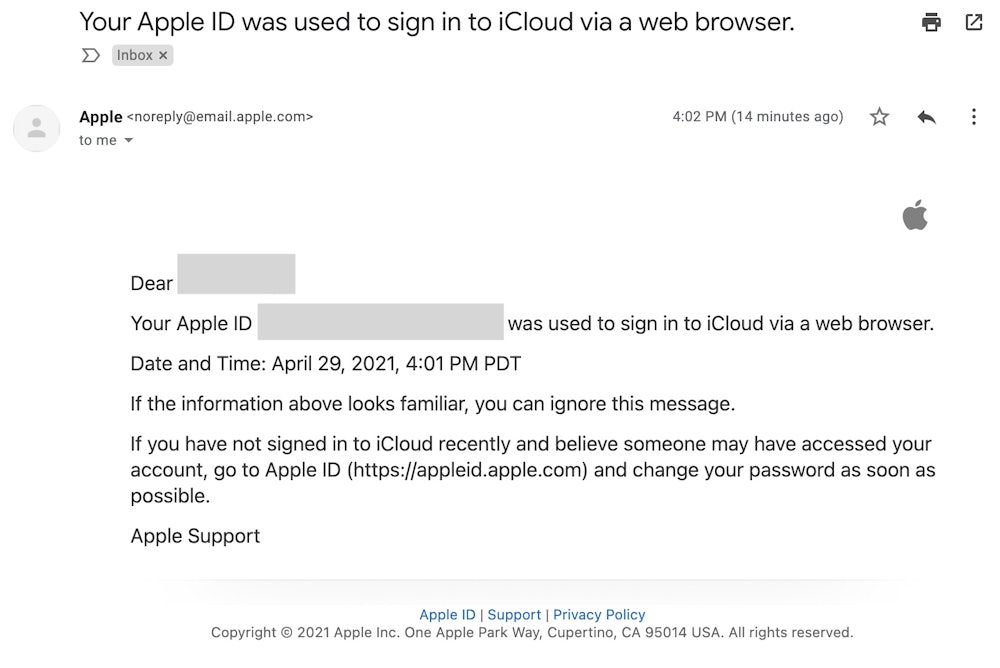
Ransomware Scam
While most ransomware scams target large companies, some target individuals. In this type of scam, you will have malware on your computer that prevents you from accessing any of your data. To unlock it, you are told you must pay a ransom.
Blackmail Scam
In a blackmail scam, you will get an email from a scammer claiming that they have hacked into your computer and recorded your activities. They may say they have evidence that you visited adult sites or found compromising data on your device that they will distribute to everyone in your contact list unless you immediately pay them. Often, blackmail scammers will ask for payment via Bitcoin.
How to Beat Hacking Scams
If you are vigilant with your devices and are careful about the websites you visit, you can beat hacking scams. Here are some additional tips that will reduce your risk of falling victim to hacking scams.
- Always keep your computer up-to-date with antivirus software, anti-spyware, and anti-malware.
- Scan your computer often for threats, especially if you notice it acting differently (e.g., slow download speeds, suspicious pop-ups).
- Always connect to Wi-Fi that has a secure password and avoid using public Wi-Fi when possible.
- Always use unique, secure passwords for your online accounts and change them often.
- Never open attachments or click on links in emails or messages that you get from strangers.
- Never pay a ransom fee or wire money to individuals claiming they have hacked into your system.
- Disconnect your device immediately from the internet if you feel you may be involved in a hacking scam.
- Be suspicious of free downloads on the internet and always scan them with antivirus software before installing them.
- Use a password manager to keep your passwords safe, but don't allow it to auto-fill online login forms.
- Keep frequent backups of your system and data so you can restore your system when needed.
Fallen Victim to a Hacking Scam?
Here are some tips to help you recover from a data breach and prevent the scammer from creating more victims:
Report the Scam
Start by reporting the scam to the authorities so they can potentially catch the scammer and prevent them from targeting others. Here are some places to report it:
- The FBI Internet Crime Complaint Center
- The FTC
- Your state's attorney general
- Your local police department
Protect Your Device
If you notice that your device is acting strangely, follow these steps:
- Disconnect the computer from the internet immediately
- Check your browser for extensions you didn't install and remove them
- Run antivirus software to remove any harmful software that may have been installed on the affected device
- If you have a backup of your system, the best thing to do is to just restore your system from a backup
Change Your Passwords
If you entered your credentials on a phishing site or have installed software on your computer, change your passwords using another device, starting with the important ones first, like those for your bank and email.
Contact Your Financial Institutions
If you entered your bank account information on a fake site or paid the scammers, you should contact your bank or financial institution. Hopefully, they will be able to credit your account with any funds that the scammers have taken.
These days, many credit cards offer protection against scammers, which means you won't lose money through a scam like this.
Continue to monitor your accounts, even after everything has been taken care of, and report any suspicious activity you see.
Scams Relating to Hacking
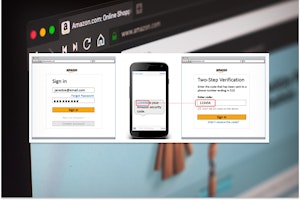
Received an Amazon OTP Text? It Could Be a Scam
If you received an Amazon OTP text message out of the blue, it could be a sign that someone else is trying to log into your account.

How to Beat Bitcoin Blackmail Emails & Protect Yourself
If a hacker is blackmailing you to get bitcoin, it can be hard to figure out if it's an empty threat or a real one.

Selling on Facebook Marketplace? Beware of Fake Venmo Emails
Scammers are sending fake Venmo emails to Facebook Marketplace sellers in an attempt to steal login information and money.
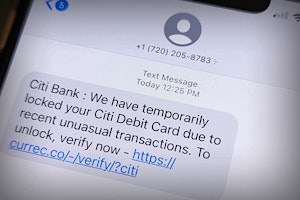
Citibank Text Message Scam: Locked Debit Card Alert Is Fake
If you've received a locked debit card text message from Citibank, it's likely a scam. Don't click on the link and delete the text message.
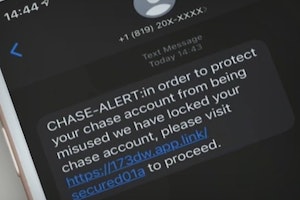
Real Chase Fraud Text Alert or Scam Message?
If you receive a text message from Chase Bank, don't click on any links or call the phone number listed—it could be a scam designed to steal your information and money.

Amex Fraud Text Alert Scams: Spotting a Fraud
If you receive a text message from American Express, don't click on any links or call the phone number listed—it could be a scam designed to steal your information and money.

Citizens Bank Text: Scam or Real Message?
If you received a text message from Citizens Bank asking for personal information such as your password or login credentials, it may be from a scammer trying to steal your money.

Fake Verizon Text Messages: How to Avoid a Scam
Verizon may send you text messages from time to time with account updates or data usage alerts, but beware—most of these aren't really from Verizon but scammers.

Get an Unexpected Delivery Alert? It May be a UPS Text Scam
Scammers are using SMS messages to send fake alerts to customers regarding a package delivery. Here's what to know about this scam.

Venmo Text Scam: Don't Fall For These Fake Messages
If you received a text from Venmo with a link to verify a payment or deposit, or are asked to complete a survey in exchange for money, it may be a scam.
Guides Relating to Hacking

Best Free Password Managers: Our Top 6 Picks for 2022
Keeping your passwords safe and secure doesn't require an expensive subscription—there are plenty of free password managers out there that will do the job well.
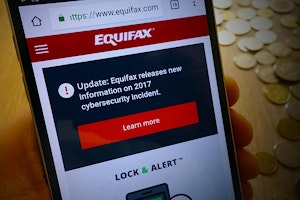
5 Things to Do After a Data Breach to Protect Yourself
When a company is the victim of a data breach, it's completely out of your control. However, there are steps you can take afterward to protect your information and money.

How to Shop Online Safely: 7 Easy Tips to Follow
Shopping online, while convenient, can make you vulnerable to scammers and thieves. Learn how to protect your information and money and shop online safely.

10 Essential Actions to Take to Stay Safe Online From Scams
Scammers and hackers are everywhere online, but that doesn't mean we need to disconnect. These tips will help you stay safe online.

How to Recover from Identity Theft: 7 Steps to Take
It's estimated that $13 billion is lost each year to identity thieves. Knowing how to recover is important to minimize your losses and get your life back on track.
News Relating to Hacking

Optus Data Breach - One of the Worst Cyberattacks in Australia
Hackers have gained access to 9.8 million customer records from Optus in Australia, exposing personal information such as driver licence, medicare and passport details.

Urgent CDC Warning: Eye Drops Linked to 3 Deaths, Loss of Vision
The CDC is warning eye drops users of a rare bacterial infection from 2 brands of eye drops. The infection is resistant to antibiotics and has resulted in the loss of vision, loss of eyeballs and the death of 3 patients.

Banks May Refund More Zelle Scam Victims in 2023
Zelle scams have reached a serious volume. New reports suggest that banks are looking at new refund protections for customers in 2023.

Roe vs. Wade Overturned: Abortion Rights in Your State
Find out what the overturning of Roe vs. Wade means for abortion rights in your state.
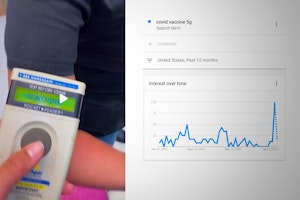
Searches for "COVID Vaccine 5G" Hit All-Time High, But Microchips Definitely Not in Vaccine
The number of people searching for the term "COVID vaccine 5G" on Google has just hit an all-time high, but there's one way to be sure that there are no microchips.
